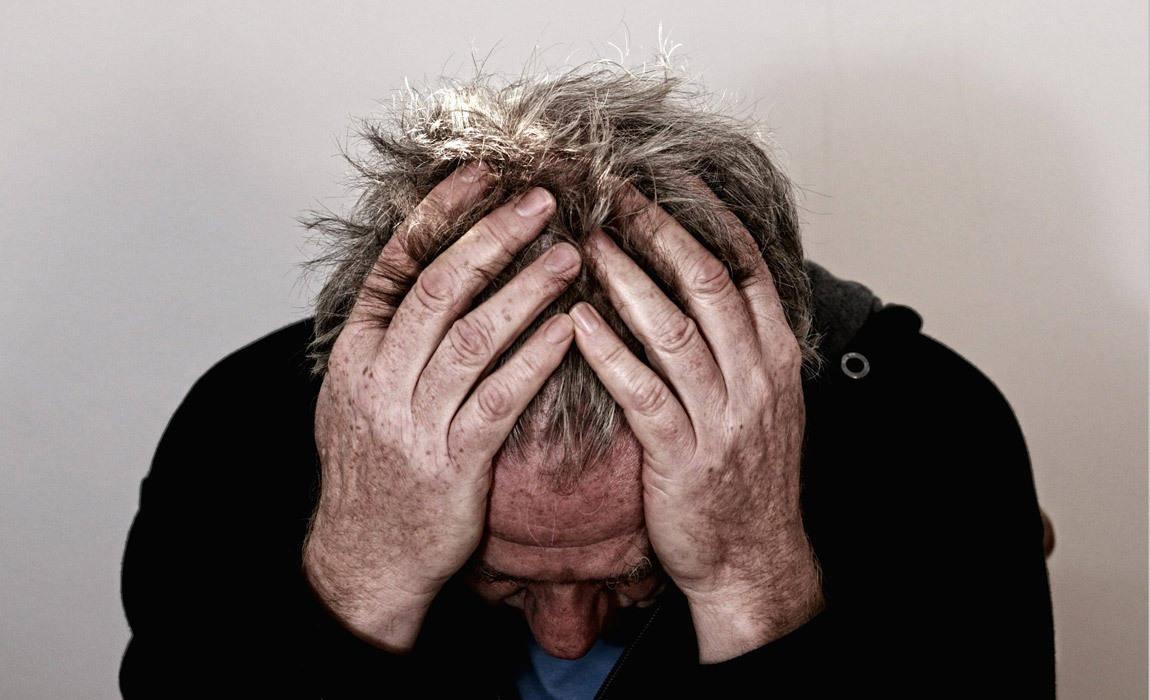In general, people go to therapy for any number of reasons.
For some people, therapy is for a specific situation.
For example, if you’re in a traumatic car accident, you might go to therapy to deal with anxiety or PTSD. You may also have mental health symptoms of a head injury that you go to therapy for.
Some people go to therapy to help improve their communication skills or their relationships.
Another reason to go to therapy is to deal with issues in the past that still affect you, such as your childhood or issues with your parents.
Therapy can be a wonderful outlet and can teach you coping mechanisms that will improve nearly every aspect of your life, but men are still resistant to go.
The following are some things to know about therapy if you’re a man.
Knowing When to See a Therapist
For men, depression is one of the most common reasons they seek mental health treatment or counseling.
There are life events that can trigger depression, whether it’s stress at work, or perhaps issues in relationships.
Without appropriately dealing with depression, it can cause many other health problems including insomnia, changes in memory, and declines in your libido. You may already notice some of these symptoms but you don’t attribute them to depression.
Other signs that you might benefit from seeing a therapist can include problems with alcohol, anger, or issues that are impairing your functionality or perhaps holding you back in some way.
Why Are Men More Resistant to Therapy Than Women?
Men are significantly less likely than women to seek out professional counseling, so why is that?
There are a lot of reasons, actually.
First, men can see counseling as a threat and it may make them feel defensive. For example, men fear that by going to counseling, they’re going to be told they’re the problem or they’re going to have to go over their failures.
Men also tend to deal with what’s called fragile masculinity, particularly if they dealt with a difficult childhood. Men tend to lash out with anger or blame others when they’re hurt or upset, and that can make it difficult for them to seek therapy.
It also tends to be harder for men to share their feelings and emotions.
There’s also a misconception by men that seeking therapy rather than dealing with their problems on their own is somehow weak.
Men tend to go into fix-it mode when they’re experiencing an issue in any area of their life, but therapy can help you avoid this mindset. Stepping outside of fix-it mode can help you put less pressure on yourself and also have healthier relationships.
Once men break through the barriers they set for themselves as far as therapy goes, they often find it’s tremendously beneficial.
Know What to Expect
If you’re a man and you are considering therapy or wondering if it’s right for you, but you’re unsure or intimidated, the best thing you can do is learn more about the process and what to expect. When you know what to expect, you’ll feel more empowered.
There are different types of therapists for example.
A counselor is someone who focuses on talk therapy. Some psychologists diagnose and treat mental illnesses and psychiatrists who are medical doctors and who can prescribe medication.
The type of therapist you see or the particular type of treatment they offer is less important than how you feel with a therapist. It’s important to find someone you feel comfortable with, and that can take some time to get the right fit.
If you see a therapist a few times and you don’t click, it’s okay, and don’t get discouraged.
You should also understand that therapy isn’t something you do forever. Sometimes people have the misconception that once you start therapy, you do it with no end date. That’s not the reality. Most types of talk therapy have a defined endpoint after a certain number of sessions.
When you go to a therapist, they will usually set goals for you from the start and then outline a strategy they’ll use to help you meet them.
Along with your therapy sessions, you may be given homework to work on independently between your visits, and your therapist will usually expect you to do weekly sessions.
For men, therapy can be just as important as taking care of other areas of your health. Work on learning more about the process and get comfortable with seeking help when you need it.
